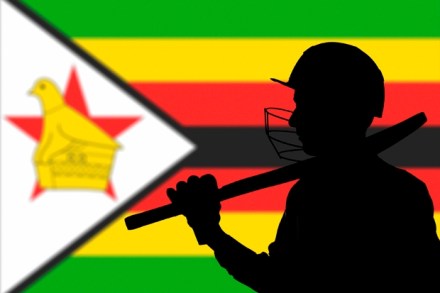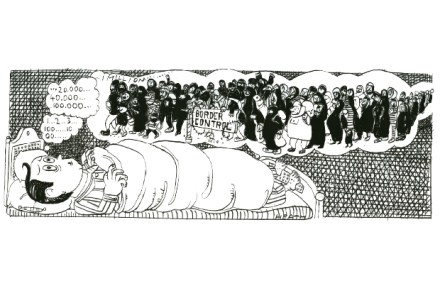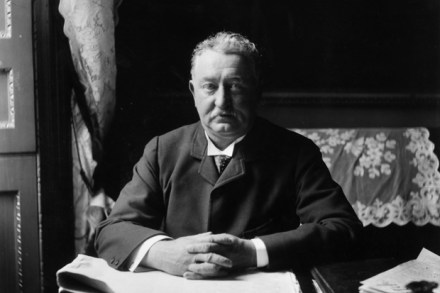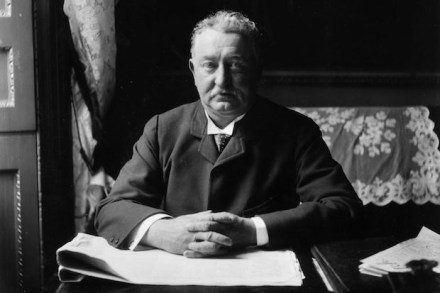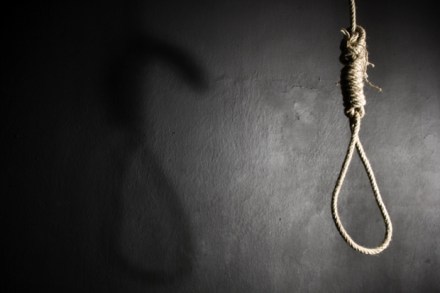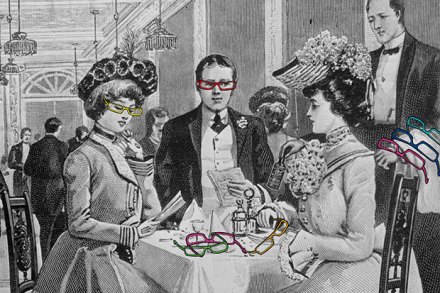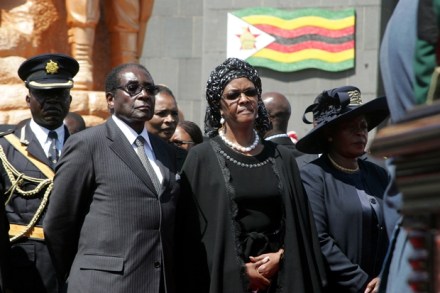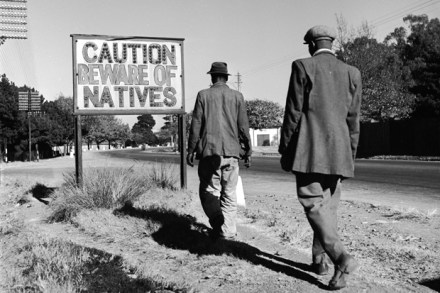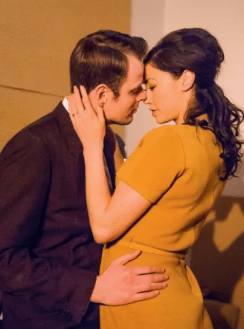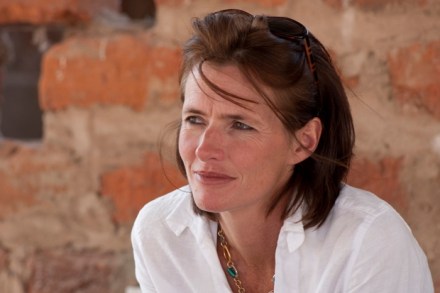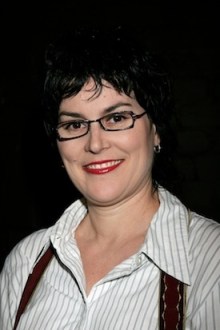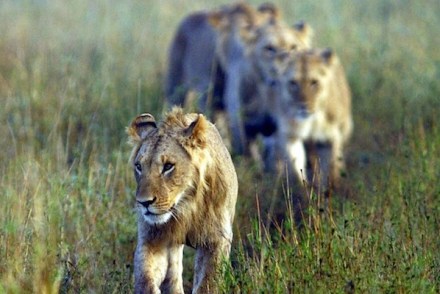Club cricketers: Zimbabwe needs you
Make sure you tell everybody about Zimbabwe,’ said the lady at our block of flats in suburban Harare as we set off on the long journey to the Eastern Highlands and another match, this time at Mutare. We are a ramshackle and elderly cricket team, though we have pulled in a couple of youthful ringers, one an Oxford Blue and another a former Test-match 12th man. But it is a long time since a real England team toured this country — a few ODIs in 2004 I think. Gordon Brown blocked a tour of England by Zim in 2008, and I am told that David Cameron personally made sure that
